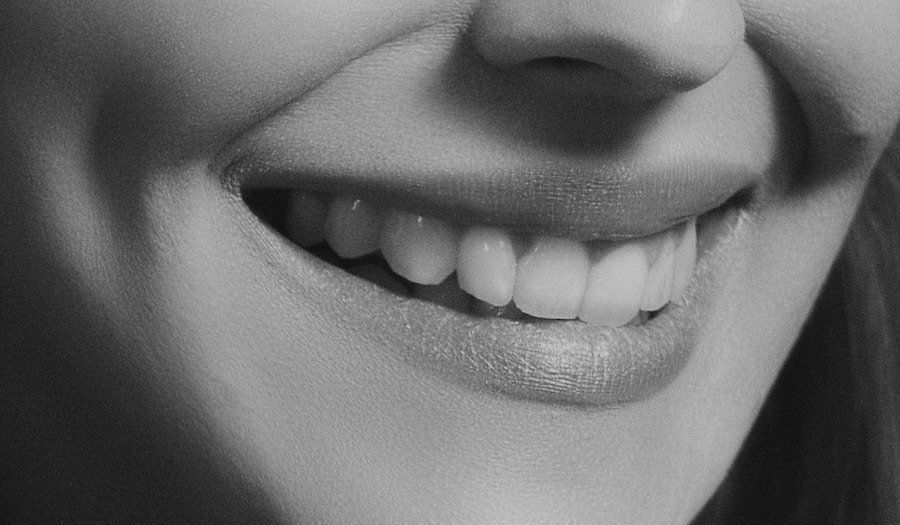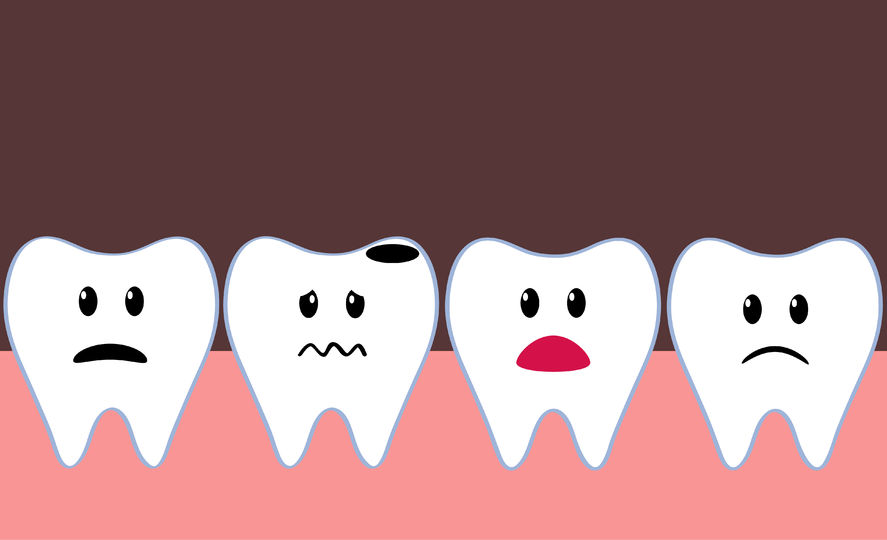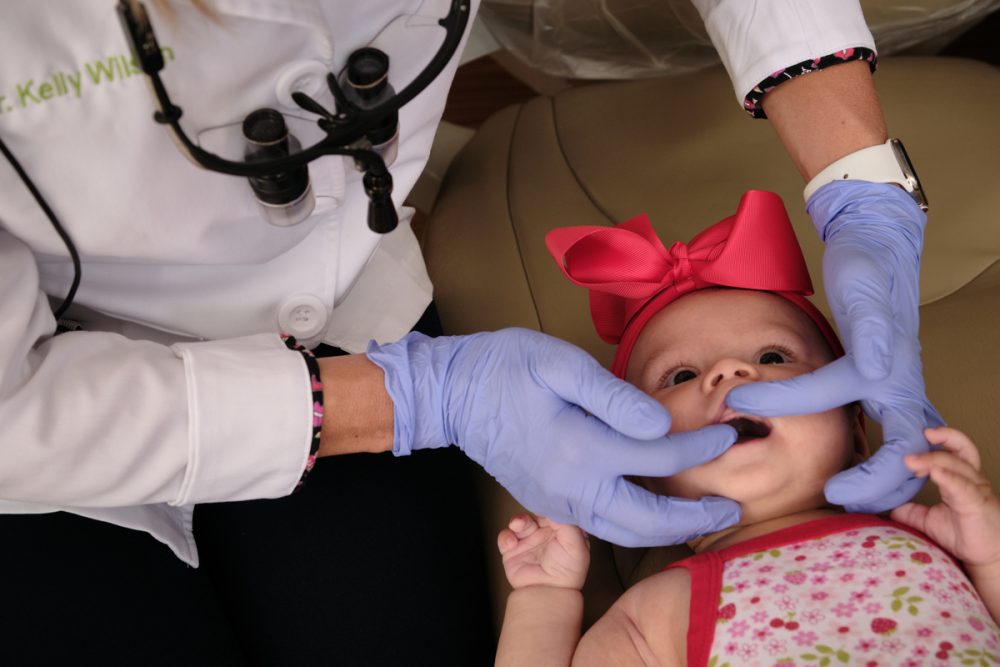
How do Teeth Get Stained and All the Ways to Fix it
October 29, 2019
What Can Cause a Toothache?
January 15, 2020Thumb sucking: many of us did it at one point in time. It is a comforting feeling for many babies, but there does come a point where a child needs to move away from thumb sucking for a number of reasons. One potential issue with extensive thumb sucking is problems with their teeth. There is a very specific connection between thumb sucking and tooth position. So if you have a child who sucks their thumb, or if you’re considering having a baby and want to know how best to care for your child, here is what you need to know regarding thumb sucking and teeth.
Thumb Sucking: Thumb In The Mouth Isn’t Necessarily Bad
Now, there is a difference between thumb sucking and resting a thumb in the mouth. Sometimes a child will place their thumb into the mouth without sucking. They simply hold the thumb in their mouth as it helps relax them. This passive movement usually doesn’t cause major problems with the teeth. However, it is when the sucking is applied that issues can start to develop. It is the creation of a vacuum-like suction that may lead to rather serious issues with the teeth.
Problems For Both Baby And Permanent Teeth
You may not think much about a child sucking on their thumb, because after all they will just lose their baby teeth in a few years and when their permanent teeth come in the child will no longer be sucking on their thumb. This can be true, but not always. The thumb sucking along with thumb movement can cause some problems with the alignment of baby teeth. However, if the sucking is more vigorous it can cause problems with permanent teeth and the jaw. In fact, the jaw may be morphed or pushed out of shape from the heavy sucking. It can also cause problems with the roof of the mouth. With the shift in the jaw and the roof of the mouth this will lead to problems with permanent teeth and possibly speech.
Are There Benefits?
According to the publication Pediatrics, most children who suck their thumb, at least in a small amount early on in their lives, are less likely to suffer allergic reactions from dust mites and pollen. This is likely because they are actually exposing themselves to dust and pollen with their sucking. By exposing themselves early on it helps prepare the body and prevent it from developing an allergic reaction to it later on in life. So while some general sucking as you move a baby off of a pacifier can be somewhat beneficial, you need to be careful with prolonged sucking of the thumb.
Long-Term Problems
There are a number of negative long-term effects that stem from thumb sucking. This can include everything from the development of an overbite due to the jaw shifting to accommodate the thumb to the bottom teeth pushing outward (so instead of pointing straight, the teeth may point toward the lips as the teeth shifted around the ever-present thumb). At the very least, in order to correct these issues, you’ll likely need to see an orthodontist for braces. However, there may be other corrective measures required for your child. These corrective procedures can end up costing thousands, if not tens of thousands of dollars long term, when you could avoid many of these issues by knowing when to stop your child from sucking their thumb.
When To Stop A Child From Sucking Their Thumb
You will want to talk to your dentist about this. Every child is a bit different so knowing the specifics for your child will help make decisions for their well being easier. However, if your child is older than 4, and they still suck their thumb on a regular basis you will want to talk with your dentist or pediatrician. There are some treatments available to help them stop their thumb sucking. Sometimes a child will begin to suck their thumb when they are nervous or frightened out of habit. They may also suck their thumb at sleep, which you don’t have as much control over. By talking with your primary medical or dental service provider you’ll discover the best way to help your child stop with their thumb sucking.
Most children will naturally stop sucking their thumb between the ages of 2 and 4. If they continue on beyond 4 you will want to talk with them. Often times once they are older than 4 they will have more control over what they are doing. Sometimes just you reminding them to stop sucking their thumb will be all that needs to be done. At other times, you can talk with your dentist or orthodontist about a possible device. If you continually find your child sucking their thumb while sleeping this can prove beneficial. There are a number of devices available, so talk with your dentist about how they suck their thumb and when they suck their thumb. This way the two of you will be able to formulate a plan together.
Corrective Dental Services At Southview Dentistry
If you are looking for a dentist for your child, you need to consider Southview Dentistry. Serving the greater charlotte community since 2009, this is a locally owned dental office. The office is not only taking new adult patients but children as well. And if you’re looking for a pediatric dentist your child can grow up with you will find the caring staff at Southview Dentistry offers exactly this. They will be able to look at correcting any kind of dental issues your child is currently suffering from, including the sucking of their thumb.
From advice as to how you should go about making the corrections to specific devices designed to help your child stop sucking their thumb, you will find help in the helpful and professional team at Southview Dentistry. If you’re ready to make an appointment or ask additional questions, now is the time to reach out and contact Southview Dentistry of Charlotte today.




